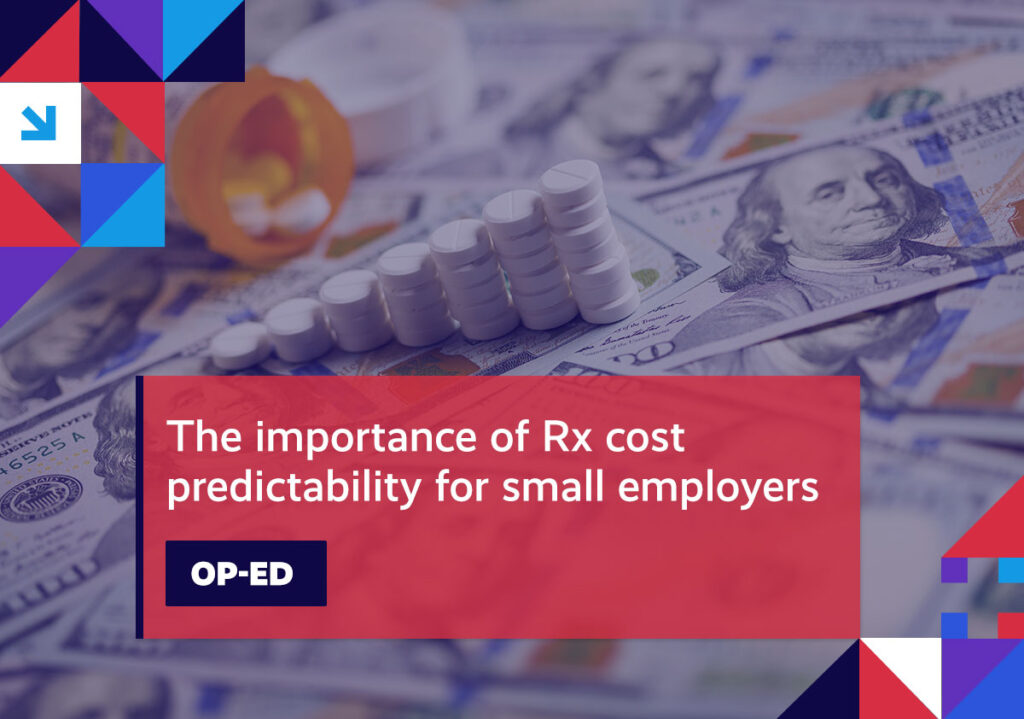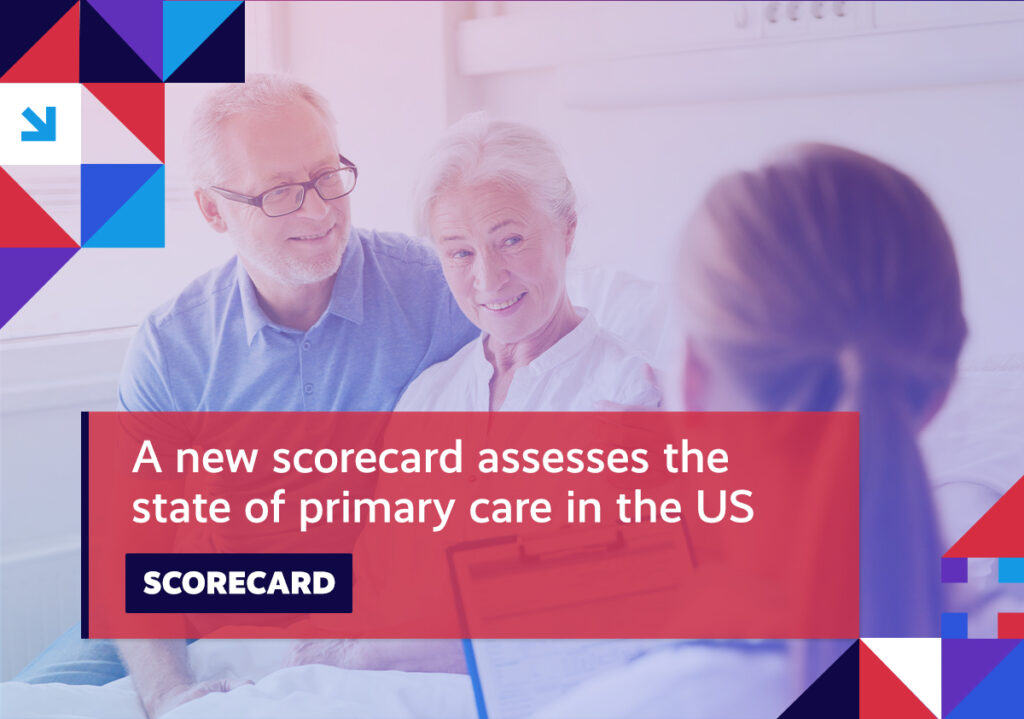A quick roundup of the issues driving the healthcare reform conversation.
Item of the Week

Week in Review
MEDICARE ADVANTAGE VALUE Stakeholders rally to protect Medicare Advantage beneficiaries from harmful cuts to the program.
Quick takeaway: As highlighted last week, proposed changes to Medicare Advantage (MA), in combination with a series of other policy changes poised to hit the program, threaten to not only raise premiums and increase out-of-pocket costs for the more than 31 million seniors and individuals with disabilities enrolled in MA plans, but limit their choices and decrease their benefits, too.
Further context: Given the threat to the program, stakeholders from across the spectrum have rushed to defend MA, pointing out that the proposed cuts would jeopardize the healthcare that nearly 50 percent of all Medicare-eligible beneficiaries now rely on.
What it means: It’s not hard to see why the program continues to attract eligible beneficiaries at such a high rate. Study after study points to the value that MA delivers to enrollees, for instance:
- Value-based MA models have better health outcomes, including lower rates of hospital admissions and readmissions
- MA beneficiaries need less retirement savings to cover their healthcare costs
Which is why we need our Health Action Network advocates to urge federal lawmakers to protect the millions of beneficiaries enrolled in MA plans – take action today!

MEDICARE ADVANTAGE POLLING Senior voters overwhelmingly want the government to protect Medicare Advantage.
Quick takeaway: A new poll shows near-unanimous satisfaction with MA among beneficiaries enrolled in the program. But, more importantly to lawmakers, the vast majority of respondents are looking to their elected officials and regulators to protect MA.
Further context: According to the survey, senior voters are nearly unanimous in their support of the program with:
- 93 percent citing MA’s affordability
- 96 percent citing MA’s convenience
- 95 percent citing MA’s value
Additionally:
- Voters enrolled in MA plans believe that the government (95 percent) and President Biden (83 percent) should fully fund MA to cover the rising cost of healthcare
- A bipartisan majority (83 percent) say that the Administration’s proposed cuts to MA are simply unacceptable
- Nearly three-quarters (72 percent) believe that cuts to the program would impact their ability to afford healthcare
- Two-thirds of voters would be more likely to vote for a candidate who opposed cuts to MA, with 83 percent saying they’d be more likely to vote for a candidate who supported fully funding the program
What it means: As the polling makes clear, cuts to the program will have significant negative impacts on the millions of beneficiaries enrolled in MA plans. And, as a result, they’ll be much more likely to vote for those lawmakers who stand up to protect MA.
Rx PRICES The price of prescription drugs isn’t justified by R&D costs.
Quick takeaway: A new study pokes holes in Big Pharma’s claims that high drug prices are the result of research and development (R&D) investments.
Further context: According to the research, between 1999 and 2018, the 15 largest biopharmaceutical companies spent more on selling, general, and administrative activities – including marketing – than they did on R&D.
Over that period, these companies made $7.7 trillion in revenue, while spending $2.2 trillion on selling, general, and administrative expenses compared to $1.4 trillion on R&D.
What it means: The analysis serves as an important reminder that, despite their efforts to deflect blame for out-of-control prescription drug prices, drugmakers are ultimately the ones responsible for what their products cost.

SURPRISE MEDICAL BILLING Provider lawsuits threaten to unwind critical consumer protections from surprise medical bills.
Quick takeaway: Earlier this month, a federal court ruled in favor of the Texas Medical Association’s challenge to a provision in the No Surprises Act (NSA) governing how disputed claims are to be worked out.
Further context: Providers have challenged the independent dispute resolution (IDR) process of the NSA; specifically, the use of the qualifying payment amount (QPA) – or, the median negotiated rate for a medical service or device in a geographic region – in resolving disputed claims.
What it means: As a result of the ruling, the Centers for Medicare & Medicaid Services (CMS) has asked parties involved in IDR negotiations to put payment determinations on hold while it evaluates and updates guidance.
In the meantime, proponents of the NSA are highlighting how the rules are working as intended, having already prevented millions of surprise medical bills.
SURGERY COSTS Prices for surgical procedures are significantly higher at hospitals that are part of larger health systems.
Quick takeaway: Compared to independent facilities, hospitals belonging to networks charge a lot more for surgery, according to new research.
Further context: Key findings from the analysis include:
- The median negotiated rate for 15 of the 16 procedures analyzed in the study were significantly higher at hospitals in networks
- The median price for shoulder arthroscopy was 1.68 times higher at network hospitals
- There was significant variation in the negotiated prices for all 16 surgical procedures
What it means: The study’s authors point to facilities within hospital networks being able to leverage their increased market share to extract higher rates from health plans.
Against this backdrop, it’s not hard to understand why there’s growing concern over increased consolidation in the hospital industry and what it means for healthcare costs.
Spotlight

| You can keep up with the latest by following the Health Action Network on Twitter and by liking us on Facebook. And, be sure to check us out on LinkedIn, too. As always, let us know if there’s something you’d like to see covered in a future newsletter. |
